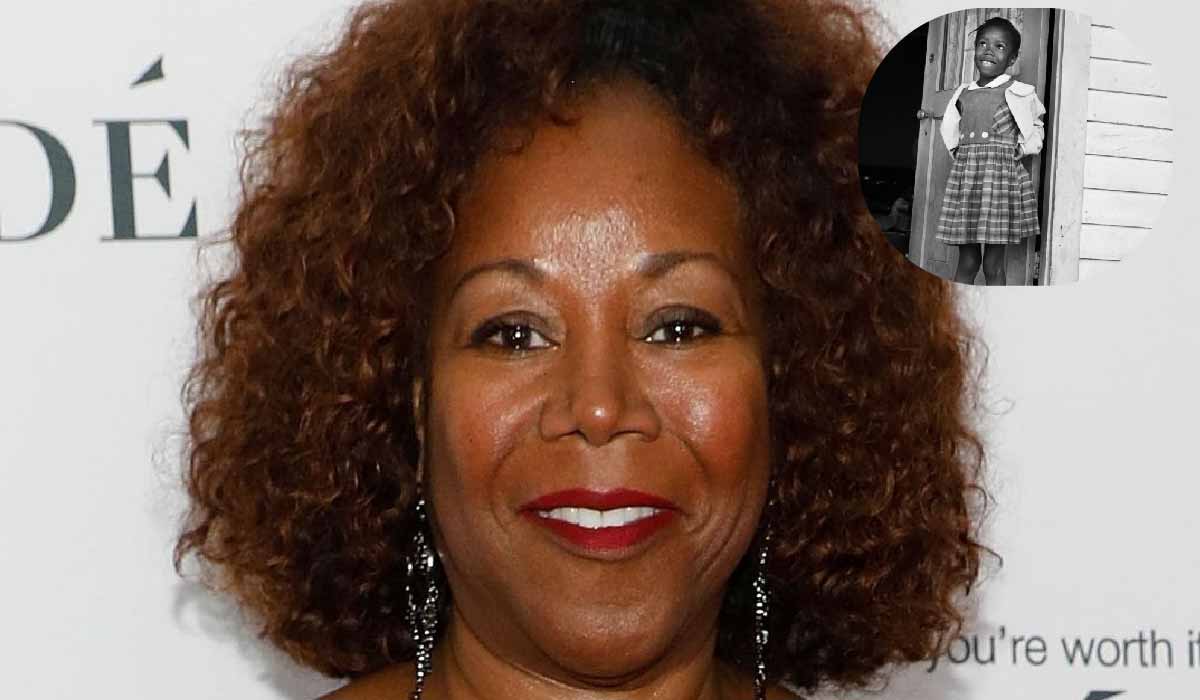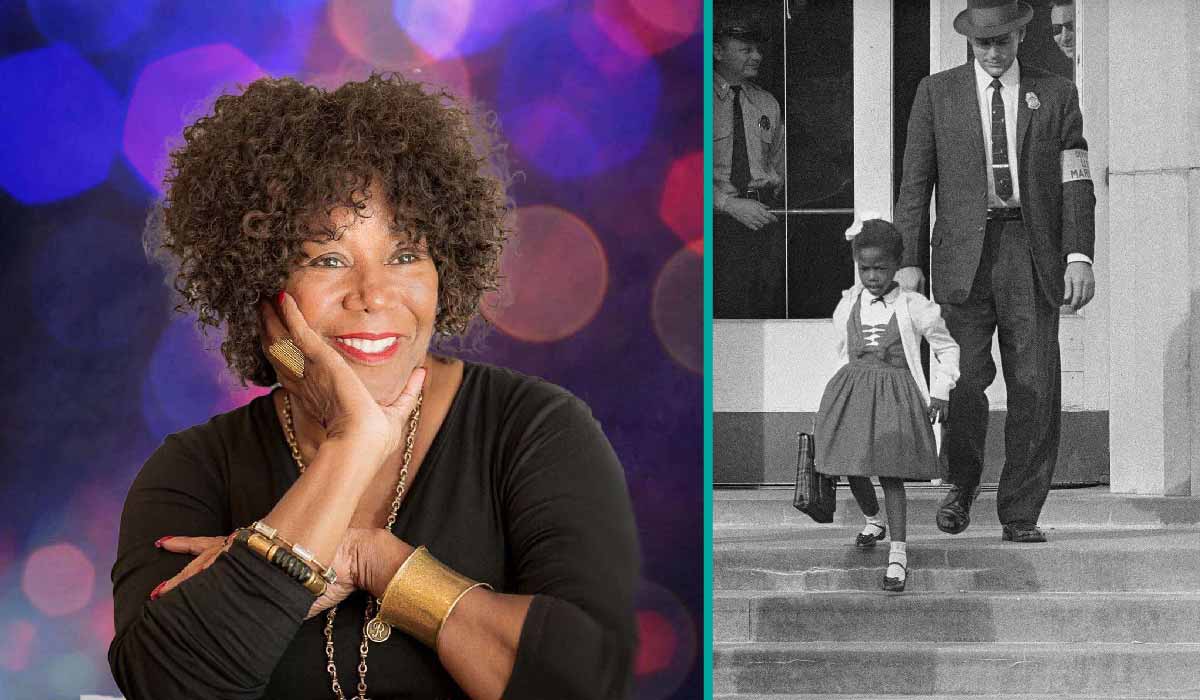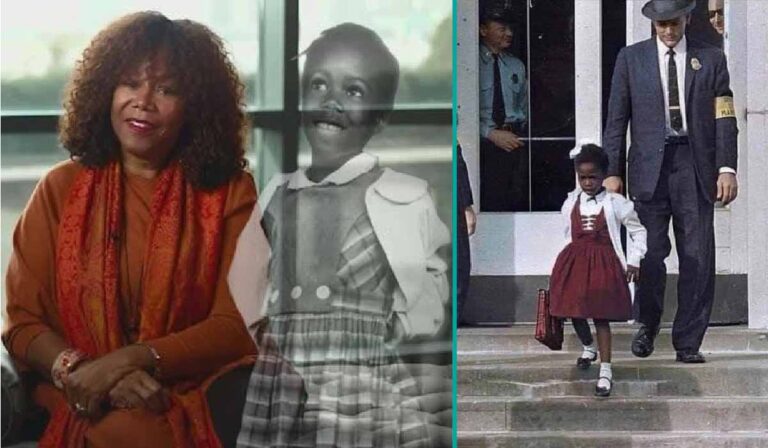Abon Bridges was a man whose name may not appear in every history book, yet his role in shaping one of the most important moments in the American Civil Rights Movement cannot be overlooked. Born in 1931 in Mississippi, Abon Bridges grew up during the harsh years of segregation and discrimination, where opportunities for African Americans were extremely limited. He learned the trade of mechanics and became known for his strong work ethic, determination, and ability to provide for his family. Later, as the husband of Lucille Bridges and father of five children, including Ruby Bridges—the first African American child to integrate an all-white elementary school in New Orleans—Abon made sacrifices that changed history. From serving in the Korean War to standing firmly behind Ruby during desegregation, Abon Bridges’ story is one of courage, resilience, and enduring legacy.
Profile Summary: Abon Bridges
| Attribute | Details |
|---|---|
| Full Name | Abon Bridges |
| Birth Date | January 20, 1931 |
| Place of Birth | Mississippi, United States |
| Death Date | 1978 |
| Age at Death | 47 years old |
| Nationality | American |
| Occupation | Mechanic, Korean War Veteran |
| Known For | Father of Ruby Bridges, supporter of Civil Rights Movement |
| Spouse | Lucille Bridges |
| Children | Five, including Ruby Bridges |
| Notable Role | Supported Ruby during her integration at William Frantz Elementary (1960) |
| Legacy | Symbol of resilience, sacrifice, and quiet heroism in the Civil Rights Movement |
Early Life and Background
Abon Bridges was born in 1931 in Mississippi, a time and place marked by strict racial segregation and limited opportunities for African Americans. Growing up under the harsh system of Jim Crow laws, Abon Bridges experienced firsthand the daily struggles of inequality and discrimination that shaped the lives of Black families in the South. Despite these challenges, he developed a strong determination to create a better future for himself. Abon learned the trade of mechanics at a young age, becoming skilled and respected in his community for his reliable work. His dedication and work ethic were not only survival skills but also values he carried into his family life, forming the foundation for the courage and strength that later defined his role in history.
Family Life and Marriage to Lucille Bridges
In the 1950s, Abon Bridges married Lucille Bridges, and together they built a family based on love, faith, and resilience. The couple raised five children, with their youngest being Ruby Bridges, who would later become a historic figure in the Civil Rights Movement. Life was not easy for the Bridges family, as they lived in New Orleans during an era of segregation, where opportunities for Black families were limited and discrimination was everywhere. Abon Bridges worked hard as a mechanic to support his family, while Lucille took on domestic jobs to provide stability. Despite financial hardships, both parents taught their children the value of education, courage, and standing up for justice, lessons that would prepare Ruby for her historic role in integrating an all-white school.
Father of Civil Rights Icon Ruby Bridges
Abon Bridges will always be remembered as the devoted father of Ruby Bridges, the first African American child to integrate an all-white elementary school in New Orleans in 1960. When Ruby was only six years old, she was chosen to attend William Frantz Elementary, a decision that would place the Bridges family in the center of history. Abon Bridges and his wife, Lucille, faced a painful choice: protect their daughter from hostility or support her in breaking barriers for equality. With courage and faith, they chose the latter, standing firmly by Ruby’s side. Their decision not only changed Ruby’s life but also marked a turning point in the Civil Rights Movement, proving the power of family support in the fight for justice.
Challenges Faced During Desegregation
When Ruby Bridges began attending William Frantz Elementary in 1960, the entire Bridges family faced unimaginable hostility. Angry white mobs gathered daily outside the school, shouting threats and insults at a six-year-old child, while the nation watched. For Abon Bridges, the challenges were personal and painful. He received threatening phone calls, endured constant fear for his family’s safety, and even lost his job as a mechanic because employers feared backlash. Despite financial strain and community isolation, Abon Bridges remained steadfast in supporting Ruby’s historic role. His quiet strength and sacrifice provided the foundation Ruby needed to face adversity with courage, making him an essential figure in the fight for equality and justice during one of America’s most turbulent times.
Military Service and Achievements
Before becoming known as the father of Ruby Bridges, Abon Bridges also served his country as a soldier in the Korean War. Like many young African American men of his time, he joined the military with hopes of building a better future and proving his loyalty to the nation, even when that same nation denied him equal rights at home. His time in the military taught him discipline, resilience, and courage—qualities that later helped him face the struggles of desegregation with quiet strength. Although African American veterans often returned to face discrimination and limited opportunities, Abon Bridges carried his experiences with dignity, using the lessons of service and sacrifice to support his family and stand firmly for justice during the Civil Rights Movement.
Later Years and Personal Life

After the intense years surrounding Ruby’s integration into William Frantz Elementary, Abon Bridges continued to live a humble and hardworking life dedicated to his family. He returned to his trade as a mechanic, providing as best as he could despite the difficulties caused by earlier job losses during the desegregation struggle. Abon Bridges was known as a loving husband to Lucille and a caring father to their five children, always putting family above everything else. Although his daughter’s bravery brought national attention, Abon himself preferred a quiet life away from fame. He passed away in 1978, leaving behind a legacy of strength, sacrifice, and resilience that continues to inspire future generations and remains an important part of civil rights history.
Legacy and Historical Significance

The legacy of Abon Bridges is deeply tied to the progress of the Civil Rights Movement and the historic role of his daughter, Ruby Bridges. While Ruby’s bravery as the first African American child to integrate an all-white elementary school is celebrated worldwide, it was the strength and support of her parents, especially Abon Bridges, that made such courage possible. His sacrifices, including the loss of his job and the daily risks to his family’s safety, highlight the hidden struggles faced by many unsung heroes of the movement. Abon’s legacy reminds us that change is not only driven by public leaders but also by ordinary families who choose courage over fear. Today, his story continues to inspire lessons of resilience, justice, and the power of parental guidance.
Conclusion
The life of Abon Bridges stands as a powerful reminder that behind every historic figure are quiet heroes whose sacrifices often go unseen. While his daughter Ruby Bridges became an icon of the Civil Rights Movement, it was the unwavering support of her father, Abon Bridges, that gave her the strength to face such immense challenges at only six years old. From his humble beginnings in Mississippi to his service in the Korean War, from working as a mechanic to standing firmly by his family during desegregation, Abon’s story reflects resilience, dignity, and faith. Though he passed away in 1978, his influence endures through Ruby’s legacy and the progress his family helped spark in America. Remembering Abon Bridges ensures that history honors not only the public heroes but also the family members whose courage quietly changed the world.
FAQs About Abon Bridges
Who was Abon Bridges?
Abon Bridges was the father of Ruby Bridges, the first African American child to integrate an all-white elementary school in New Orleans. He was also a Korean War veteran and a hardworking mechanic.
What role did Abon Bridges play in the Civil Rights Movement?
While not in the spotlight, Abon Bridges played a vital role by supporting his daughter Ruby during desegregation. His courage and sacrifices helped make history possible.
Did Abon Bridges serve in the military?
Yes, Abon Bridges served in the Korean War. His military service gave him discipline and resilience, which later helped him face challenges during the Civil Rights struggle.
How did desegregation affect Abon Bridges and his family?
During Ruby’s school integration, Abon Bridges lost his job, faced threats, and his family was targeted with hostility. Despite this, he stood firm in supporting his daughter’s education and justice.
When did Abon Bridges die and what is his legacy?
Abon Bridges passed away in 1978 at the age of 47. His legacy lives on through Ruby’s story and as an example of a father’s quiet strength and sacrifice in the fight for equality.
More from Viralfeed: Hazel Vorice McCord: A Life Of Love, Marriage, Family, And Legacy


